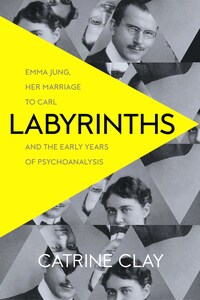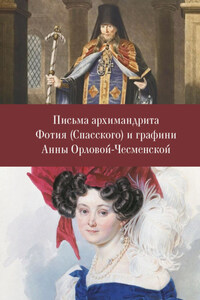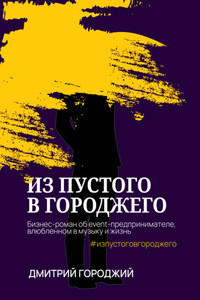On Saturday 2 March 1907 Carl and Emma Jung arrived in Vienna for a five-day visit. They stayed at the Grand, the city’s most fashionable hotel, just a few minutes’ walk from the Opera and the famous Ringstrasse. Accompanying them was Ludwig Binswanger, an assistant at the Burghölzli lunatic asylum in Zürich, where Carl Jung worked as a doctor and first assistant to the director Eugen Bleuler. At ten the next morning the threesome waited to be collected by Sigmund Freud, who had invited them to Sunday luncheon at his family home, a short walk away at 19 Berggasse. None had met the Herr Professor before, though Jung and Freud had been corresponding for over a year.
Emma Jung was twenty-four, attractive – her wavy brown hair pinned up under a large hat – and very wealthy. But although her outfit was expensive, with its long skirts and furs against the March cold, it was not showy, because Emma herself was not showy. Carl was strikingly good-looking in a Teutonic sort of way – light brown hair, small moustache, dark eyes behind gold-rimmed spectacles, over six foot tall and powerfully built, with an imposing presence: a brilliant and ambitious young man just beginning to make his mark on the new and as yet not very scientific field of ‘Psychoanalysis’, of which Professor Freud, twenty years his senior, was already the acknowledged master. Anyone observing Emma and Carl Jung seated on the plush velvet canapé in the elegant foyer of the Grand Hotel – with its chandeliers, ornate galleries, steam-powered elevator and liveried footmen and porters – would have seen a couple perfectly fitted to their surroundings: rich, handsome, young, and, by all appearances, happy.
But appearances can be deceptive. Some time before the Jungs left their home town of Zürich for Vienna, Emma had considered delivering her husband an ultimatum: either change his ways or she would divorce him – a shocking and rare thing at the beginning of the twentieth century, and one utterly alien to the retiring character of Emma Jung. She felt lost in the labyrinth of her marriage to Carl, beset with problems. Life could not go on the way it was.
By 1907 the Jungs had been married for four years and had two young daughters – Agathe, aged three, and Gretli, almost two – who were being cared for back in Zürich by the children’s maid, helped by Carl’s mother and his unmarried sister Trudi. Four years might not be long, but it was long enough for Emma to discover the extent and complexity of her situation, though not long enough to know what to do about it. The problem was twofold: Carl’s outward manner, so confident he could come across as arrogant, concealed a very different and infinitely more complicated interior, one which constantly eluded Emma, however hard she tried to understand it. The second problem was no easier to solve: Carl was always flirting with other women, and they with him, provoking in Emma emotions she had never even known she possessed: storms of jealousy and fury followed by terrible feelings of self-doubt and recrimination. On top of all this Carl was extremely ambitious, working day and night at the asylum like a man possessed, driven by a conviction that he had a special understanding of the insane, because in many ways he was so like them. One way or another, it left almost no time for family life. Emma would spend hour upon hour in the Jungs’ apartment on the second floor of the Burghölzli asylum waiting for her husband to return.








